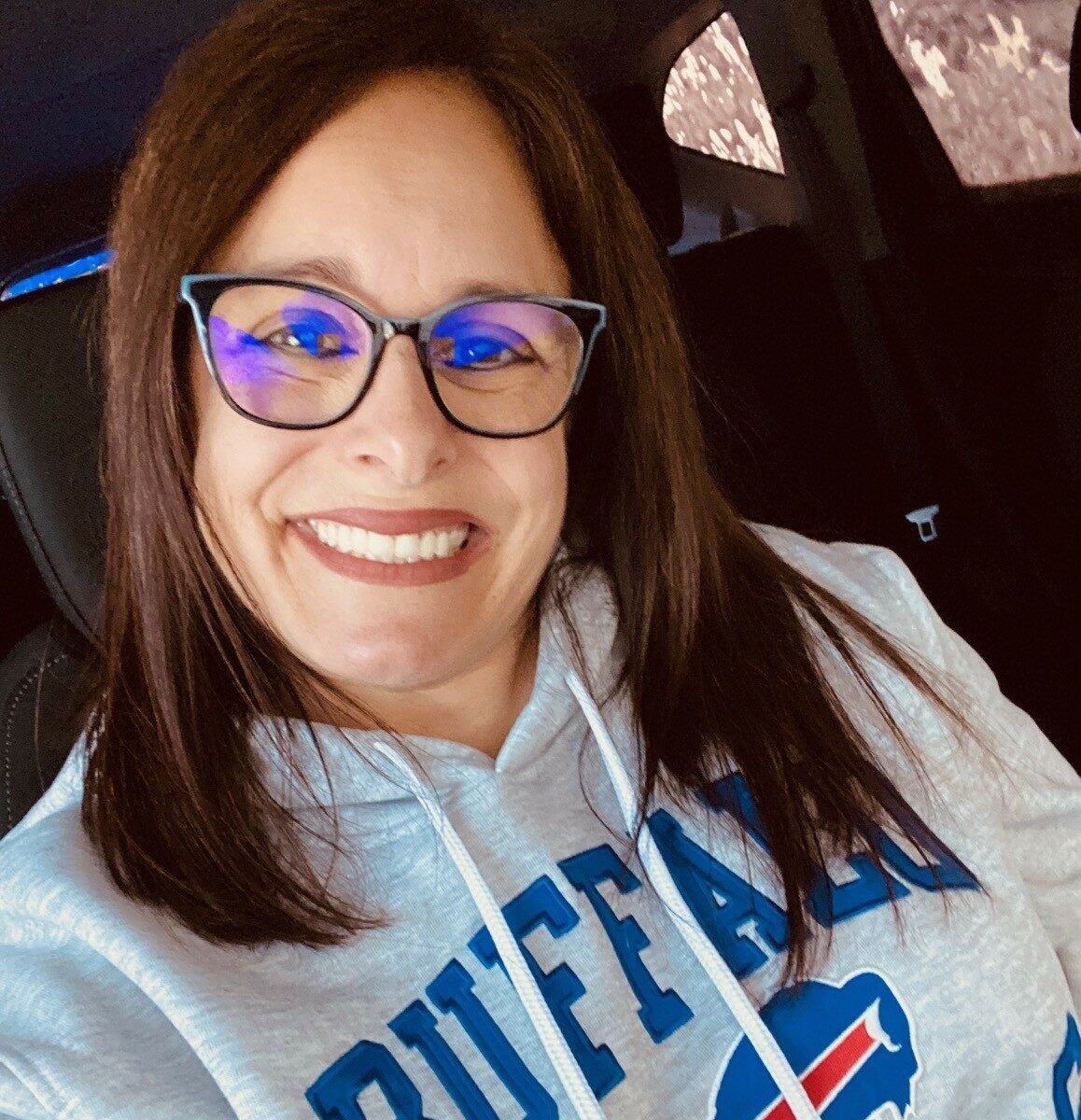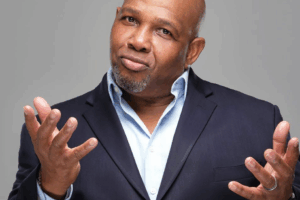On October 29, 2024, I began experiencing persistent pain in my right calf. The discomfort was significant enough that, five days later, I drove myself to the nearest hospital.
Unfortunately, no blood work was conducted, and the ultrasound performed on my leg was brief and inconclusive. I was diagnosed with a muscle cramp and advised to get a deep tissue massage.
On the evening of November 6, while working on school assignments at home, I experienced a sudden, intense shooting pain radiating through my entire calf—from knee to ankle. In hindsight, this was likely the moment a blood clot began to break apart. Earlier that day, I had been placing flags on our school’s front lawn for Veterans Day, which may have put additional strain on my legs and triggered the event.
By November 8, the pain had worsened, and I began experiencing shortness of breath. Despite these symptoms, I went to work on November 11. My calf was rock-hard, I was struggling to breathe, and I felt pressure in my chest. I’m incredibly grateful to a colleague who urged me to seek a second opinion at a different hospital after school. That decision saved my life.
At the second hospital, the admitting nurse took my symptoms seriously and ordered a comprehensive workup, including blood tests, an EKG, chest X-ray, CT scan with contrast, and ultrasounds on both legs. The results were staggering: my D-dimer level was 19,883 (normal is around 500), and I was diagnosed with a bilateral pulmonary embolism, originating from a DVT in my right calf.
On November 12, an echocardiogram revealed that while my heart was functioning at 100%, there was strain on the right side due to a cluster of clots in my left lung. A cardiologist performed a thrombectomy, and I experienced immediate relief following the procedure.
The clots in my calf dissolved over the next three months while I was on rivaroxaban. The cause of the clot? A contraception pill containing estrogen, which I had started in August to manage perimenopausal hot flashes.
I have been tested for factor V Leiden because my mother and sister have it. I tested negative.
This experience taught me so much, but the most important lesson is this: Listen to your body. If you ever experience unexplained shortness of breath, go to the hospital immediately. I thank God for the gift of life, for the healing He has given me, and for the strength to endure.
I’ve become more aware of the risks associated with medications like hormonal treatments. Emotionally, the experience has instilled a deep sense of gratitude—for the second chance I was given.
Resources
Women and Blood Clots
How is a DVT Diagnosed?
Signs and Symptoms




